The Deer Hunter's Last Stand, Or, How a Movie Filmed in Montana Almost Destroyed Hollywood
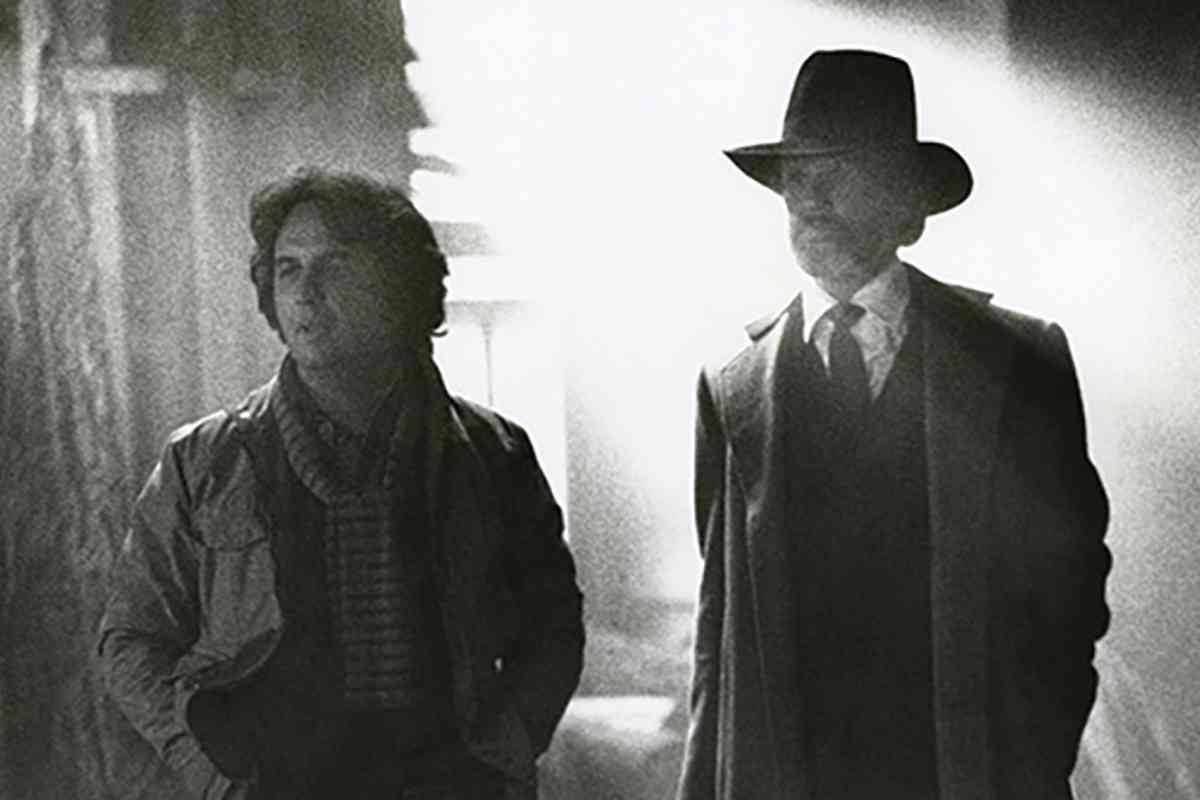
Heaven's Gate is widely considered one of the biggest flops in the history of cinema. And a lot of that opinion depends a great deal on what criteria people use to measure failure.
But it surprises me that among the press I've read, including two books to research this article—Final Cut, written by one of the producers of the film, Stephen Bach, and Cimino, a biography of the director—nobody mentions a specific fact. The opening scene of Heaven's Gate depicts a graduation ceremony from Harvard College, and the main speaker at the ceremony is a character called The Reverend Doctor. The man who plays this character is none other than Joseph Cotten, in one of his final film appearances.
In 1942, Cotten played a major role in another film from a young director who had just been crowned as the next great genius by the film community. Cotton co-starred in Citizen Kane, which is considered one of the best movies ever made. But once having praise heaped upon him from every direction, Orson Welles then produced and directed The Magnificent Ambersons, also co-starring Cotten, and because Welles became so difficult, the film went through several delays, as well as several battles over editing and other particulars, to the point where Welles eventually distanced himself from the production. The Magnificent Ambersons was the Heaven's Gate of its time, considered a financial disaster after RKO Pictures poured more than a million dollars into the picture ($25 million in today's dollars).
When Michael Cimino pitched Heaven's Gate to United Artists, his own masterpiece, The Deer Hunter, hadn't been released yet, but there was already enough buzz about the film that people expected big things. Cimino leveraged that buzz to negotiate an unprecedented amount of control over the production of what was initially called The Johnson County War.
Cimino's initial budget for the film was supposed to be around $7.5 million, which was still an enormous amount in the late seventies. But Cimino had brought The Deer Hunter in at around $15 million, which was about double what the studio had originally allocated. People forgive a lot when you win five Academy Awards, including Best Picture and Best Director. United Artists had also become accustomed to this routine, having just gone through it with Coppola while he tried to get Apocalypse Now in the can.
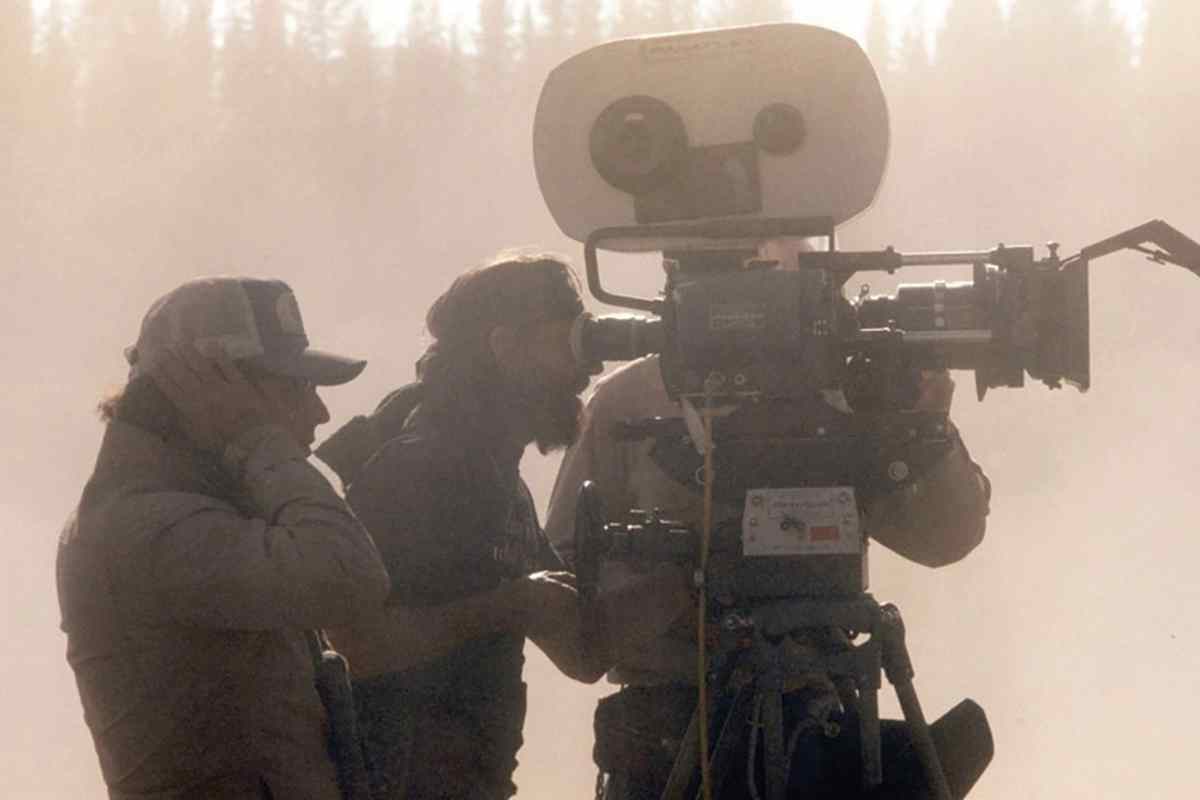
Nobody would blame the failure of either of these films on Joseph Cotten, of course. But it's interesting to ponder whether Cimino's choice to open what was supposed to be an epic follow-up to his most successful film wasn't a bit of an omen. Especially considering that the first words Cotten speaks—the first words of the film—are: "My friends, if it be not a mere farce you are enacting..."
It must have been an exciting time to live in Kalispell in 1974 when Mr. Cimino decided to shoot Heaven's Gate in that town of around 10,000 people. As a testament to Cimino's workmanlike approach, he showed up to start shooting in Kalispell the day after he won his Oscars, but the crew had been there for several months, building sets.
I talked to Bruce Robinson, who started working on the film as an extra, but because of his connections, eventually became one of the main coordinators for extras on the film. Robinson is the brother of Terry Robinson, founder of Montana's most successful band, The Mission Mountain Wood Band, and Bruce played in the band himself after Terry was killed in a plane crash.
Robinson confirms what many accounts about the film convey, that its crew and cast were convinced throughout the filming that they were making a masterpiece. The attention to detail that Cimino devoted to this film became legendary, from ordering clothes and furnishings from the time period, to actually installing an irrigation system for the field where the opening scene was shot, to ensure that the grass was green. When they went looking for a train for the scene where Kris Kristofferson's character arrives in Wyoming, there was one available in Idaho, where they were to shoot the scene, for $15,000. But Cimino found one he liked better in Colorado, and it cost $150,000 to buy and transport that train. He also had the entire town of Wallace, Idaho, rebuilt to resemble Casper, Wyoming, in the 19th century. This included paying stores that had to close down for two weeks during filming for their lost income.
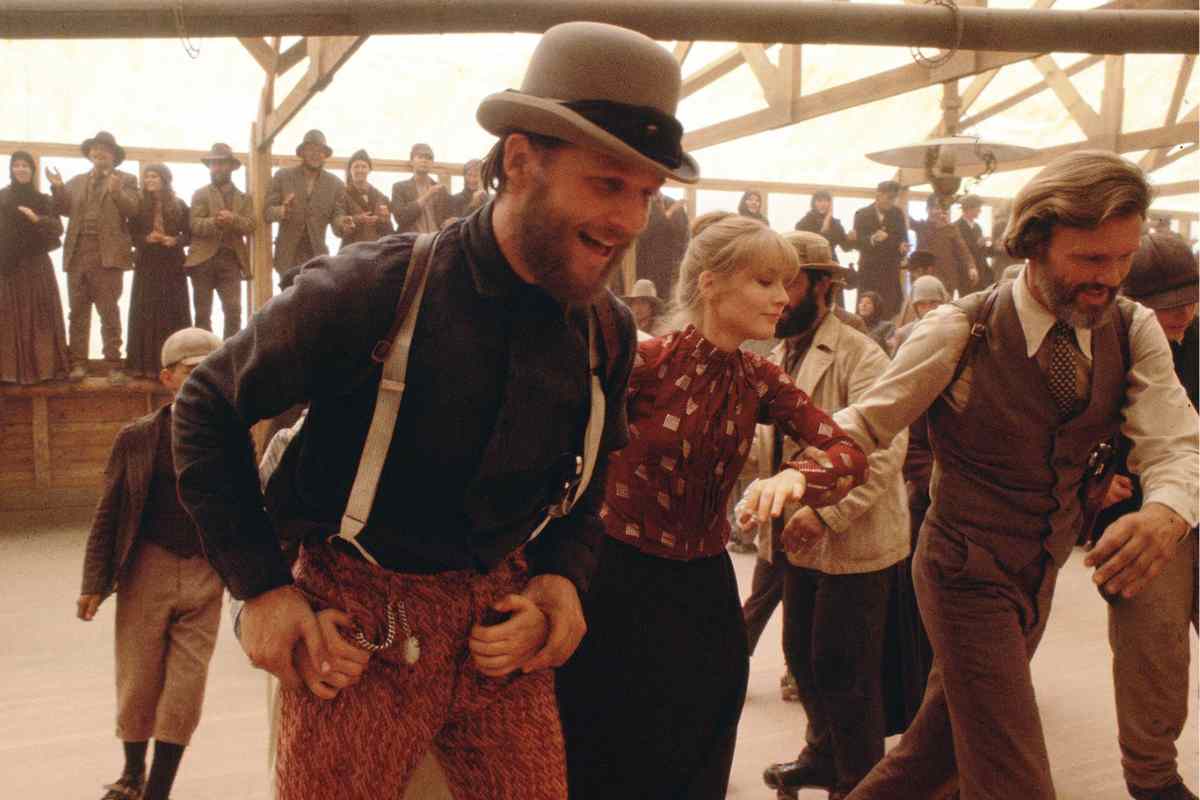
Robinson also points out that Cimino's perfectionism sometimes made the process grueling, particularly the scenes that were shot in a skating rink that was built specifically for the film. "We were all wearing this period clothing, which was entirely wool. Everything was wool, and it got to be close to 100 degrees in that building. But Cimino would still shoot take after take of every scene. I think he did more than 100 takes on some of those shots."
Cimino's demands started way before filming began, including his insistence that Isabelle Huppert play the leading lady. Although Huppert was a star in her native France, she was completely unknown in the US. Not only were the producers keen on casting a well-known actress, with their top choices being Jane Fonda and Diane Keaton, but Bach was baffled about what Cimino saw in Huppert, whom Bach compared to "a potato." She also barely spoke English. But Cimino threatened to go to another studio, a threat he would make often in the next two years, if they didn't cast Huppert.
The main thing that caused the cost of this film to escalate, however, was Cimino's glacial pace. One week into shooting, Cimino was six days behind schedule, and reportedly had only a minute and a half of usable film. He shot so many takes of each scene, and kept them all, so the costs immediately began increasing exponentially, leaving his production team in the unenviable position of trying to figure out how to rein in the production without losing the trust of the director. Lee Katz, one of the United Artists executives, said, "We seem to be in the ironic and paradoxical position of not trusting the gentleman with our money and therefore insisting that he take more."
But Cimino was so convinced that he was making a masterpiece that he continued to double down each time they tried to restrain him, often completely cutting off contact with people who displeased him. When the top man at United Artists traveled to Glacier Park to spend a few days on the set, Cimino completely ignored him the whole time he was there. To add to the pressure, he also refused to show them any footage, so they were forced to trust that he was making a product that justified the cost.
The film was mostly shot in Glacier National Park; another added cost to production was the fact that the closest lodging to the location, in Kalispell, was a ninety-minute drive, so the entire crew had to be bused to the site every day. Cimino became obsessed with getting just the right light for each scene, so after making the long commute, the crew would often spend the entire day waiting for the light to hit just the right angles. Robinson remembers many days where they rose at 3:00 in the morning to travel to the set, and then spent most of the day waiting.
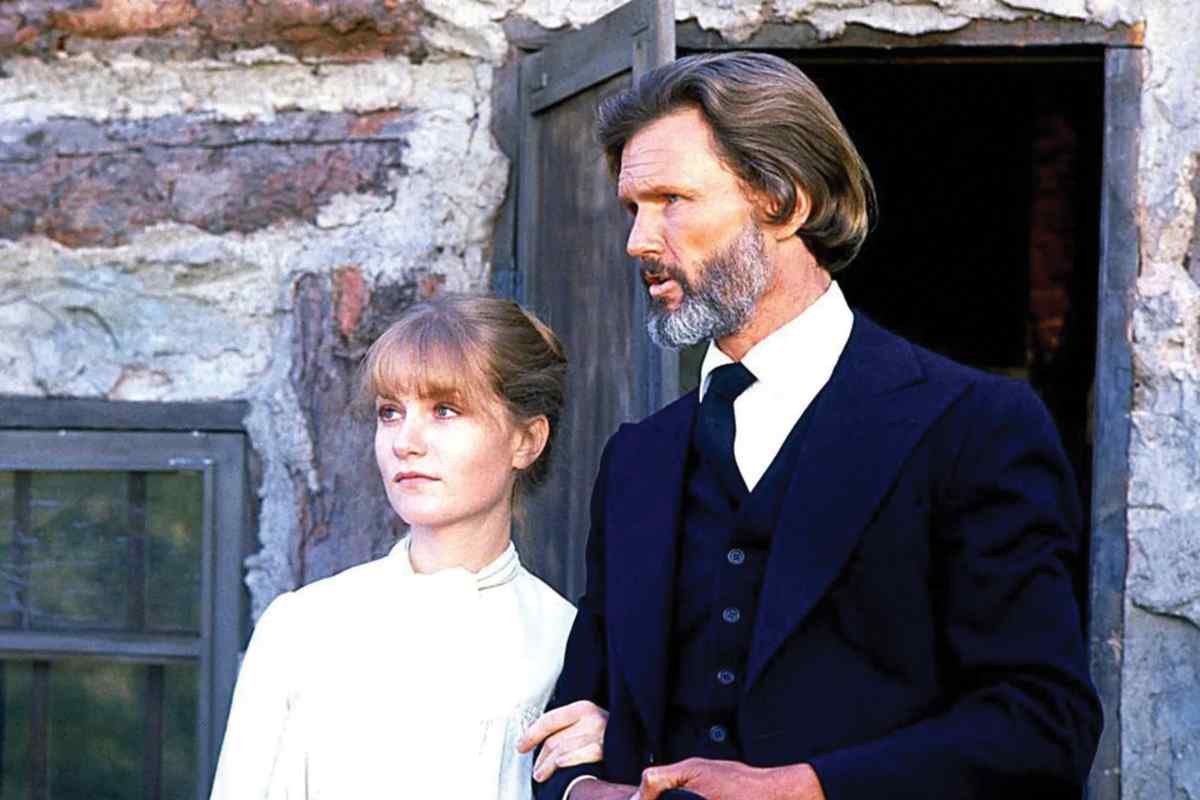
"But there was something really cool about this project, so even though people sometimes grumbled about it, the mood on the set was mostly positive. I mean, we were on a movie set. And a lot of us got to be really close."
Some became closer than others, as was the case with Cimino's on-site producer, a mysterious woman named Joann Carelli. Rumors had swirled even on the set of The Deer Hunter about Cimino and Carelli being involved in a romantic relationship, and even Charles Elton, who spent hours interviewing Carelli for Cimino, was never able to get a straight answer about whether they were ever involved. But many people on the crew were shocked to learn, late in the production, that Carelli had secretly married the composer for the film, David Mansfield, who also had a role as the roller skating violinist in several dance scenes. The couple would eventually have a daughter that Cimino often claimed to be his own later in life, after Carelli and Mansfield divorced.
Heaven's Gate was initially slated to be released for Christmas of 1979, when studios like to release their Oscar contenders, but even when they agreed to this date, everyone knew that Cimino was never going to meet that deadline. He wasn't even close. So production continued for several more months, with the producers fighting and usually failing to nail Cimino down on a finish date. When Cimino finally announced that he had an early cut that he was ready to show the production team, they made their way to Montana, anxious to finally see the finished product. Cimino warned them that he probably needed to cut about fifteen minutes, but that didn't prepare them, when they sat down to watch... and were still sitting in their chairs five hours and twenty-five minutes later. The battle scene that provides the climax of the film was an hour and a half long.
Much of the failure of Heaven's Gate can probably be attributed to the fact that long before anyone even saw the film, it had become notorious as an example of overspending. By the time it made its first appearance, after Cimino finally cut it down to two and a half hours under the threat of being fired, people were almost prepared to hate it. The initial response was so bad that the studio pulled it out of theaters after only one day. Cimino cut it again, and it was released for a very short run a few months later, when it again got scathing reviews.
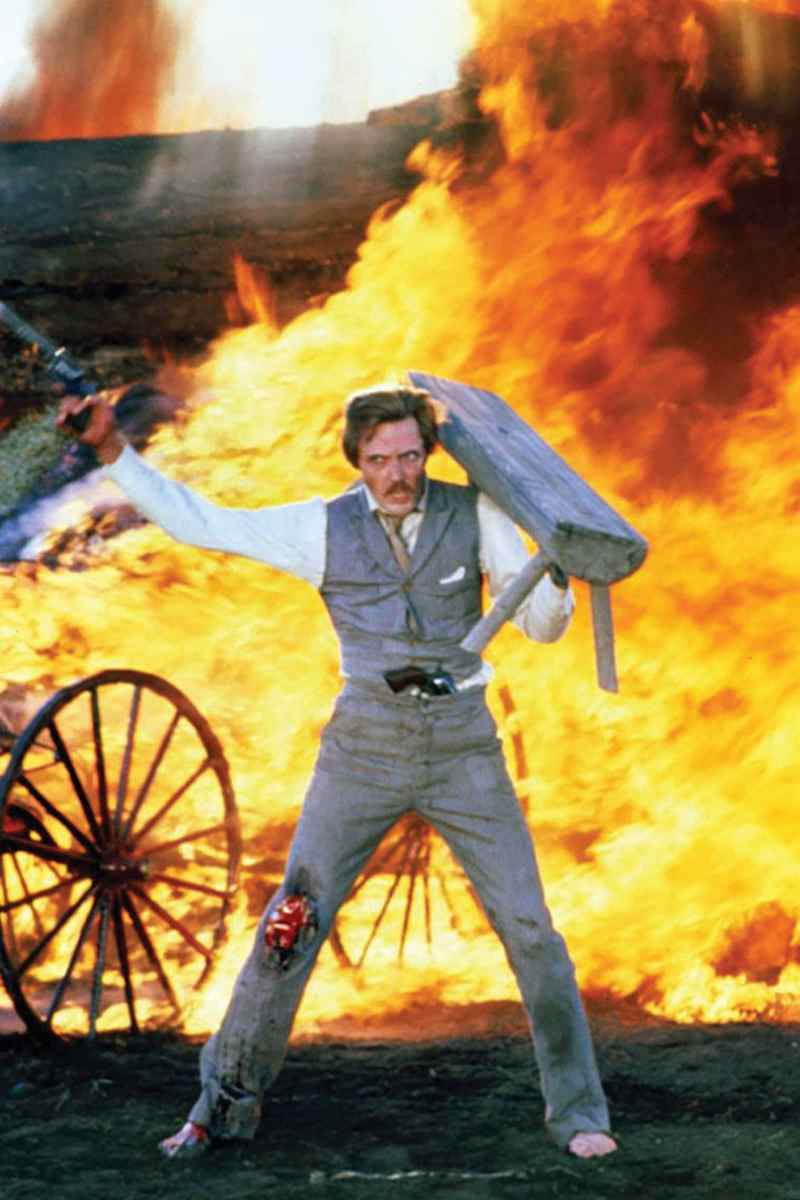
Over time, it has enjoyed a bit of a renaissance, and for good reason. European audiences, who tend to appreciate films that don't fall into a typical narrative form, showed a particular appreciation for the film in later years, with the Venice Film Festival awarding Cimino a lifetime achievement award in 2012.
After watching the two-and-a-half-hour version, which is a mess, I was able to track down the three-and-a-half-hour version, and there's no question that this film is not as bad as it has been portrayed through the years. It is visually stunning, but plagued with sound and screenplay issues. It's hard to follow, and the love triangle between Kristofferson, Christopher Walken, and Huppert gets way more attention than the main storyline. Expectations also played a role, of course, but the main reason the film was so reviled was because of Cimino himself, and the way he handled himself after the success of The Deer Hunter.
But there are also other problems. That opening sequence, which is breathtaking, is nearly a half hour long. Even after watching it twice, I'm not exactly sure why Cimino felt compelled to devote so much time to that scene. It seems to have very little relationship to the rest of the story other than introducing two of the main characters, Kris Kristofferson's James Averill and John Hurt's Billy Irvine.
The aftermath of Heaven's Gate was tragic in so many ways. Not only did it result in the sale of United Artists to another studio, but Cimino, who was clearly a gifted director, became a pariah in Hollywood. Although he did direct four more films during his lifetime, none of them came close to the quality he had shown in The Deer Hunter or Heaven's Gate, and of course he was never given that kind of control again.
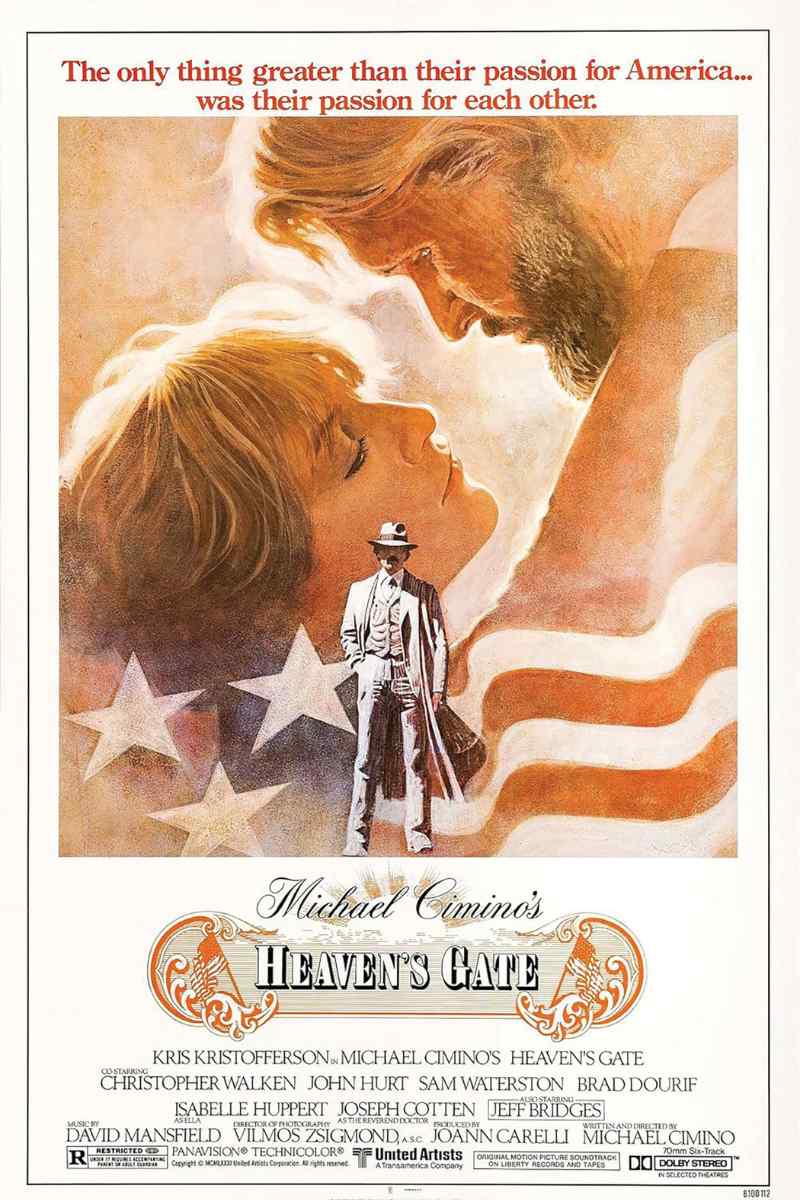
Many major directors blamed Cimino, with good reason, for never having the same kind of artistic freedom again themselves. Directors like Coppola, Scorsese, Bogdanovich, and Robert Altman had worked hard to develop relationships with the studios that gave them way more artistic control during the seventies; studios showed more faith in the creative process. Heaven's Gate changed that, and many never forgave Cimino, who became something of a recluse in later years. There were rumors that he was going through a gender transition in his final years, and photos seem to confirm this, although Cimino himself denied it.
But according to those close to him, he never stopped working, producing countless screenplays and eventually turning to fiction, even winning an award in Europe for one of his novels, Big Jane.
Perhaps the most telling fact about Cimino was a confession he made about a room in his house where he stored all of his projects, which consisted of huge stacks of paper. Because of the earthquakes in California, these stacks had been disrupted so many times that they had turned into a mountain of paper, and Cimino confided to a friend that he was unable to even enter that room because it was too overwhelming.
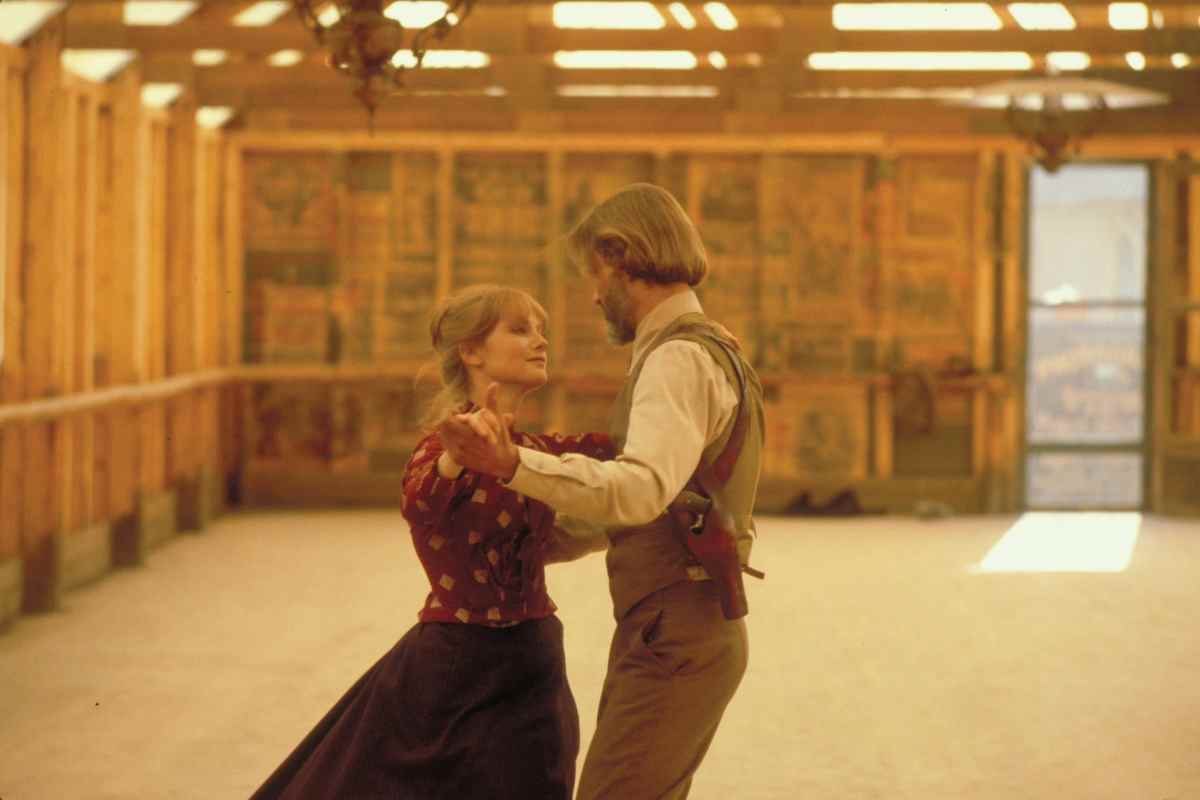
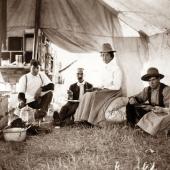
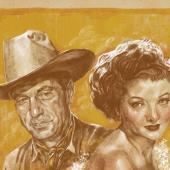
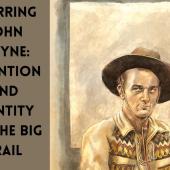
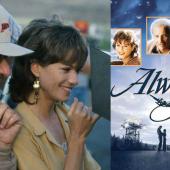
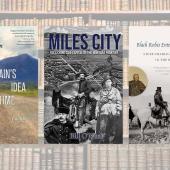
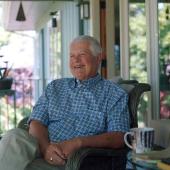
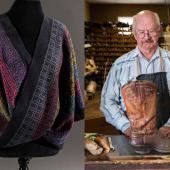
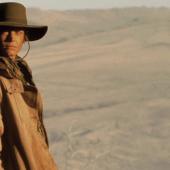



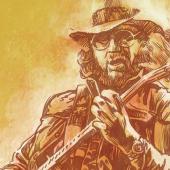
- Reply
Permalink